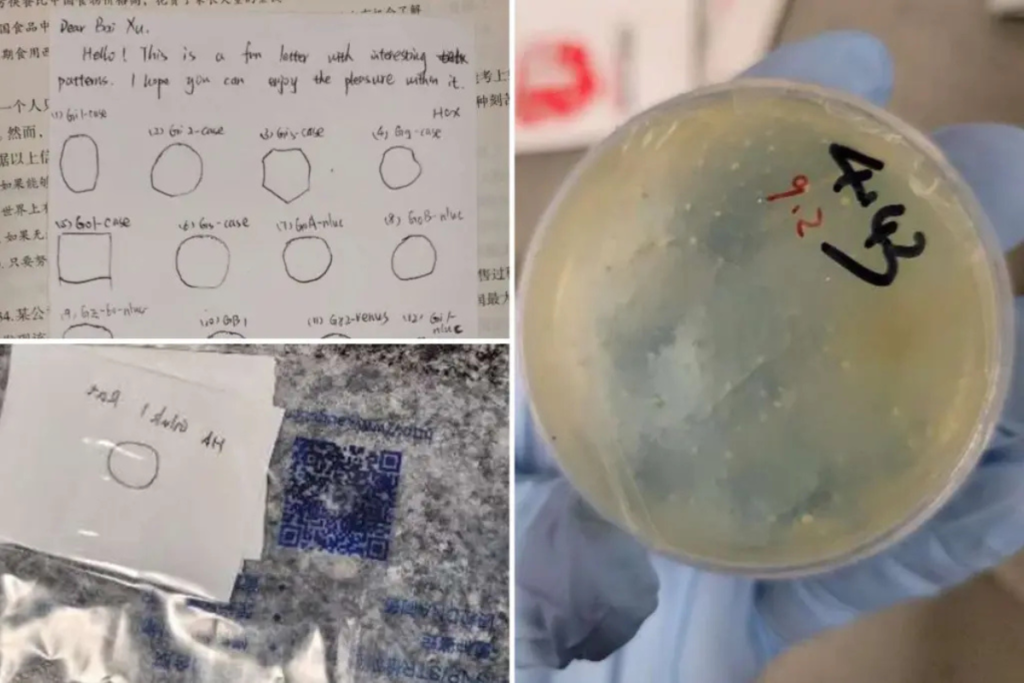U.S. authorities jailed two Chinese scientists for smuggling biological material, drawing widespread media attention after their arrest at Detroit Metropolitan Airport. Officials say the researchers sent biological specimens to the University of Michigan without securing the necessary permits. The case underscores the complex intersection of international research partnerships, U.S. biosecurity regulations, and the legal rights of foreign nationals under detention.
Background of the Allegations
U.S. Customs brought two Chinese scientists into focus after intercepting shipments of worms and fungi linked to their research. Federal agents allege the researchers shipped the materials without securing proper government permits, violating U.S. biosecurity laws. Although FBI filings describe no immediate threat, prosecutors stress the importance of strict legal compliance.
The Case of Yunqing Jian(Chinese scientists jailed)

In June 2025, Jian was arrested after allegations surfaced that she conspired with her partner to import Fusarium graminearum—a fungus harmful to wheat, barley, maize, and rice—into the U.S. The FBI found communications indicating she had already worked with the fungus in her Michigan lab. Federal prosecutors have kept her in custody, citing flight risk and national security concerns.
The Case of Chengxuan Han
Han, who was completing a project at Huazhong University in Wuhan, arrived in Detroit in May 2025. Agents confiscated worm-based biological specimens—also lacking proper permits—from her luggage. Federal filings state the materials were intercepted at the airport. Authorities expressed concern about unauthorized biological transport.
Legal and Biosecurity Implications(Chinese scientists jailed)
International researchers must adhere to stringent permit requirements for moving organisms into the U.S. These include permits from USDA, CDC, or NIH, depending on species and pathogen risk. Violations can lead to criminal charges. Biosecurity experts note that while F. graminearum is already present in the U.S., unauthorized importation undermines regulated scientific processes and could carry public trust implications.

University of Michigan’s Response
The University of Michigan has clarified that it received no Chinese government funding related to the researchers’ work. It stresses compliance with federal laws and denies any involvement. The university reiterated its stance: “We condemn any actions that threaten national security or undermine our mission.”
Potential Outcomes and Global Research Impact
If proven guilty, both scientists may face fines and possible prison terms. Future legal proceedings could involve plea agreements or dismissals if appropriate permits were later substantiated. The case may prompt U.S. agencies to audit research programs involving international collaborations, potentially delaying or complicating global scientific projects.




